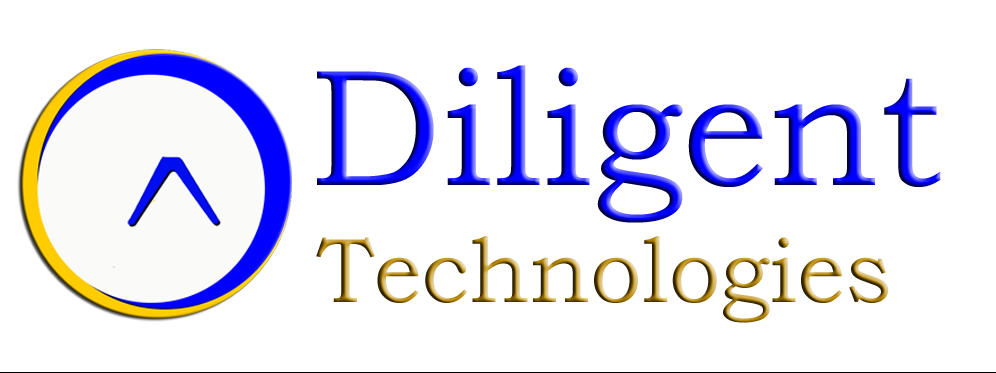Introduction
Web development is a dynamic field that requires the use of various programming languages to build interactive and functional websites. Each programming language has its own strengths, weaknesses, and areas of specialization. This report aims to explore some of the most popular programming languages used by web developers in kenya, highlighting their key features and use cases.
1. HTML (Hypertext Markup Language)
HTML forms the backbone of any web page. It is a markup language used for structuring content on the web. HTML provides a set of tags that define elements such as headings, paragraphs, images, links, forms, and more. While not technically a programming language per se since it lacks logic or control flow capabilities—HTML serves as the building blocks for creating static website structures.
2.CSS (Cascading Style Sheets)
CSS is another fundamental technology for a web development company, this language works alongside HTML to define how content should be presented visually on a webpage. CSS allows developers to control layout aspects like colors, fonts, spacing/positioning/margins/borders/effects—enabling them to create visually appealing designs with consistent styling across multiple pages within a site.
3.JavaScript
JavaScript is one of the most widely used scripting languages for web development due to its versatility and flexibility. It enables client-side interactivity by allowing developers to add functionality and behavior directly into websites. With JavaScript frameworks/libraries like React.js or Angular.js available—it’s possible to build complex single-page applications with advanced user interfaces/experiences—all handled on the client side.
4.Python
Python is known for its simplicity and readability—making it an excellent choice for both beginners and experienced programmers alike. In recent years Python has gained popularity in back-end web development—for tasks such as server-side scripting/APIs/database management. Frameworks like Django or Flask offer powerful tools & libraries—facilitating rapid development while maintaining code quality and scalability.
5.PHP (Hypertext Preprocessor)
PHP is a server-side scripting language used primarily for dynamic web page generation. It’s widely supported by various web hosting platforms, making it a popular choice for building websites with database integration. Frameworks like Laravel or Symfony provide additional functionality—making PHP development more efficient and secure while following best practices.
6.Ruby
Ruby is often associated with the Ruby on Rails framework—a powerful combination that enables developers to build robust web applications rapidly. Rails follows the convention over configuration principle, streamlining development processes by providing sensible defaults—allowing developers to focus on application logic rather than boilerplate code.
7.Java
Java is a general-purpose programming language known for its write-once-run-anywhere approach due to its platform independence. While not as commonly used in front-end web development—it excels in back-end systems/interfaces/APIs integration—thanks to frameworks like Spring MVC/Boot—with Java serving as an industry-standard choice for large-scale enterprise-level projects.
Conclusion
The world of web development offers a wide range of programming languages suitable for different purposes. HTML and CSS are essential foundations for structuring content and styling websites respectively. JavaScript provides interactivity and dynamic features on the client side, while Python, PHP, Ruby, and Java excel in server-side scripting, backend operations, and building complex applications.
Choosing the right programming language depends on factors such as project requirements, scalability needs, developer expertise/experience levels, and ecosystem/community support available around each language/framework. Professional Website development companies understand these nuances well—and their team of skilled professionals can guide businesses towards selecting the most appropriate technology stack tailored specifically to meet their unique website development needs


